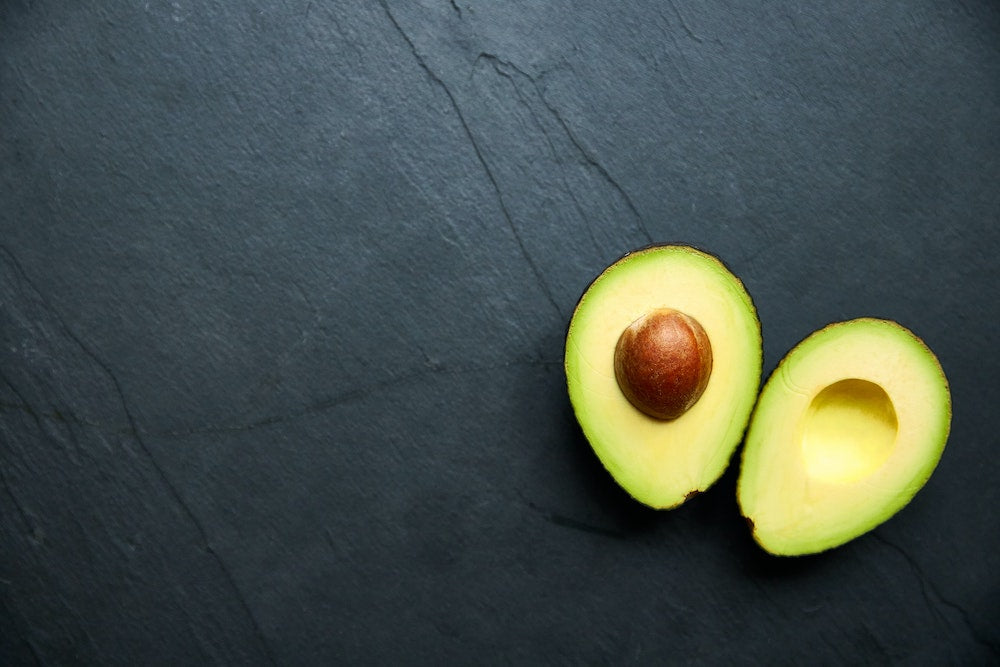What Supplements are Good for Inflammation: The Essential Guide

Inflammation is a natural process your body uses to heal and repair itself. Chronic inflammation, on the other hand, has negative health consequences. Understanding what supplements and foods are beneficial for decreasing inflammation is essential to achieving perfect health. This paper provides an in-depth examination of the causes of inflammation, its effects on the body, and the best dietary choices and supplements to combat it.
What Causes Inflammation?
Inflammation may occur because of various factors, such as infections, injuries, or autoimmune responses caused by poor diet and lifestyle choices (1). Common causes of inflammation include:
- Infections: Diseases such as the common cold stimulate the immune system, causing inflammation.
- Injuries: Physical trauma can initiate the inflammatory process to heal damaged tissue.
- Autoimmune Conditions: Diseases like rheumatoid arthritis (RA) trigger the immune system to attack normal tissues, resulting in chronic inflammation.
- Diet and Lifestyle: Poor dietary choices and an unhealthy lifestyle can contribute to inflammation.
When the body detects something harmful, like bacteria or injury, it increases blood flow to the affected area. This response brings white blood cells to the site to combat the threat, initiating the inflammatory process.
The Role of Inflammation in Health
Inflammation is crucial to the body's recovery and protection from infections. It is the immune system's natural response to harmful irritants. Chronic inflammation, on the other hand, can result in several health problems.
Positive Effects of Inflammation
- Healing: Helps in the healing process by sending white blood cells to combat infections.
- Protection: Protects the body from infections and harmful substances.
Adverse Effects of Chronic Inflammation
- Blood Vessels: Can cause narrowing and fragility, leading to heart attacks and strokes.
- Joints: may result in arthritis, which leads to discomfort and difficulty moving.
- Digestive System: Can cause disorders like irritable bowel syndrome and inflammatory bowel disease.
- Overall Health: Chronic inflammation can damage muscles, the brain, and other organs, leading to chronic diseases (2).
Foods That Are Good for Fighting Inflammation
Anti-Inflammatory Foods
- Avocado: Rich in Vitamin E, it can be added to salads, sandwiches, or smoothies.
- Blueberries: are high in antioxidants and can be eaten fresh or added to smoothies (3).
- Cherries: Contain anthocyanins with anti-inflammatory properties, great for salads or desserts.
- Ginger: Soothes the stomach and has anti-inflammatory properties, perfect for stir-fries or teas.
- Turmeric: Eases joint pain and inflammation, commonly used in curries, stews, and soups.
Supplements That Are Good for Fighting Inflammation
Effective Anti-Inflammatory Supplements
- Omega-3 Fatty Acids: These are found in fish oil and help reduce arthritis-related inflammation (4).
- Vitamin D: Essential for immune health, deficiencies can lead to chronic inflammation.
- Probiotics: Ease digestive disorders and reduce irritable bowel syndrome symptoms.
- Curcumin: Found in turmeric, it is a potent anti-inflammatory agent (5).
- Resveratrol: Found in red grapes and red wine, it has anti-inflammatory properties.
Bad Dietary Choices That Cause Inflammation
To prevent inflammation, it's crucial to avoid certain foods:
- Sugar: Major source of inflammation; keep added sugar intake minimal.
- Refined Grains: Rich in gluten, it can trigger inflammation in sensitive individuals.
- Red Meat Can contribute to heart disease.
- Dairy Products: High in lactose, difficult for many to digest, leading to inflammation.
How to Use Supplements for Inflammation
If you're considering supplements to reduce inflammation, follow these guidelines:
- Choose the Right Supplement: Research and select supplements proven to reduce inflammation.
- Follow Dosage Instructions: Adhere to recommended dosages to avoid ineffective results or side effects.
- Be Patient: Supplements can take time to show results; give them a few weeks.
- Consult Your Doctor: Particularly if you have medical conditions or are taking medication.
Related Studies:
- This study examines how inflammation is involved in the pathogenesis of various chronic diseases, including autoimmune diseases, and how inflammatory cell alterations are associated with many diseases.
- This study discusses how inflammation plays a vital part in the development of autoimmune diseases and that anti-inflammatory strategies may become a practical therapeutic approach.
- This study outlines how the chemicals in cigarette smoke interact with immune cells, increasing inflammation, which has the potential to cause autoimmune illnesses.
- This study demonstrates that compounds in blueberries, such as anthocyanins, have potent antioxidant and anti-inflammatory effects, which may help alleviate inflammation-related conditions.
- This study investigates how omega-3 fatty acids, such as those found in fish oil, can lower inflammatory markers and improve symptoms in people suffering from arthritis and other inflammatory diseases.
Conclusion
Chronic inflammation is a serious health concern, but understanding its causes and making dietary changes can help manage it. Consuming anti-inflammatory foods and supplements while avoiding harmful dietary choices can significantly lower your risk of chronic disease. Always consult a healthcare professional before starting any new supplement regimen. Making informed choices can better manage inflammation and improve your overall health.
FAQs
Q: What are the best foods for reducing inflammation?
A: Avocado, blueberries, cherries, ginger, and turmeric are excellent for fighting inflammation.
Q: Which supplements are effective for inflammation?
A: Omega-3 fatty acids, vitamin D, probiotics, curcumin, and resveratrol are among the best supplements for reducing inflammation.
Q: Which foods are not recommended for reducing inflammation?
A: Avoid sugar, refined grains, red meat, and dairy products because they may increase inflammation.
Q: How long do supplements take to reduce inflammation?
A: Supplements can take a few weeks to show noticeable effects. Patience and consistency are key.
Q: Should I consult a doctor before taking anti-inflammatory supplements?
A: Yes, especially if you have pre-existing medical conditions or are taking other medications.
